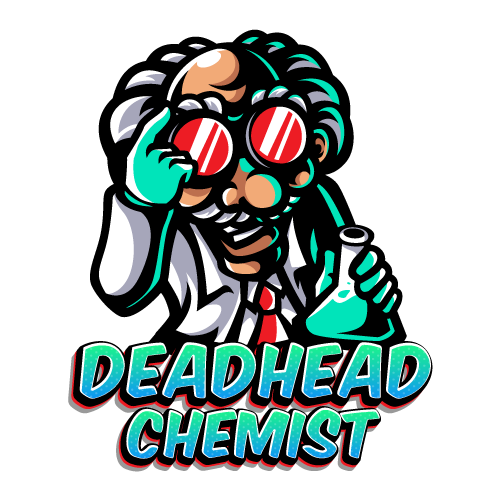Microdose
Legalisation of Psychedelics in Amsterdam, Netherlands
Introduction:
Amsterdam, known for its charming canals, historical heritage, and liberal mindset, is once again making headlines. This time, the city is making a bold move by taking steps towards the legalization of psychedelics.
The decision has sparked widespread discussions, with proponents hailing it as a groundbreaking shift in drug policy.
This blog dives into the recent developments, potential benefits, and the way forward for Amsterdam and Netherlands.
- Understanding Psychedelics:
Before diving into the legalization efforts, it’s crucial to understand what psychedelics entail. Psychedelics refer to a class of mind-altering substances known for their profound effects on perception, cognition, and consciousness. - This umbrella term includes substances like psilocybin (found in magic mushrooms), lysergic acid diethylamide (LSD), and others. These substances have been historically classified as illegal due to their potential for misuse and abuse.
- Amsterdam’s Progressive Approach:
Amsterdam has long been recognized for its progressive stance on drug policies, with the famous “coffee shops” publicly selling cannabis. Now, the city is considering expanding its open-minded policy by allowing the regulated sale of psychedelics. This bold step aims to address the growing interest in psychedelic-assisted therapy and research. - The Case for Legalization:
Proponents of psychedelic legalization argue that these substances hold immense potential for mental health treatment, spiritual exploration, and personal growth. Research indicates promising results for conditions such as treatment-resistant depression, PTSD, anxiety disorders, and addiction. Advocates believe that legalizing psychedelics creates a safer environment for use, facilitates research, and reduces the associated risks of an unregulated market. - Regulatory Framework and Safety Measures:
While the idea of legalizing psychedelics may sound radical, it will undoubtedly require a robust regulatory framework to ensure safety. Experts argue that regulations should focus on secure supply chains, product quality control, dosage guidelines, and the establishment of licensed treatment centers. By adopting the right safety measures, Amsterdam can develop a model that balances personal freedom with public health concerns. - Economic and Touristic Impact:
The legalization of psychedelics has the potential to bring significant economic and touristic benefits to Amsterdam. The city has already established itself as a hub for drug policy innovation, attracting enthusiasts from around the world. Psychedelic tourism could potentially further boost the local economy, generating revenue from controlled sales and fueling tourism-related businesses. - International Implications and Challenges:
Amsterdam’s decision to legalize psychedelics may have implications beyond its borders, influencing global drug policy debates. However, there are also challenges associated with international drug control treaties and the perceptions of other countries. The Netherlands must strategically navigate these challenges to ensure legalization does not lead to unintended consequences or strained relationships with other nations.
Conclusion:
Amsterdam’s willingness to consider the legalization of psychedelics opens the doors to groundbreaking opportunities for research, mental health treatment, and tourism.
While challenges lie ahead, adopting a well-regulated model can set a new standard for responsible psychedelic use, paving the way for other jurisdictions to follow suit. As the city adjusts its drug policy, it signals a potential paradigm shift in how we view and approach psychedelics globally.
